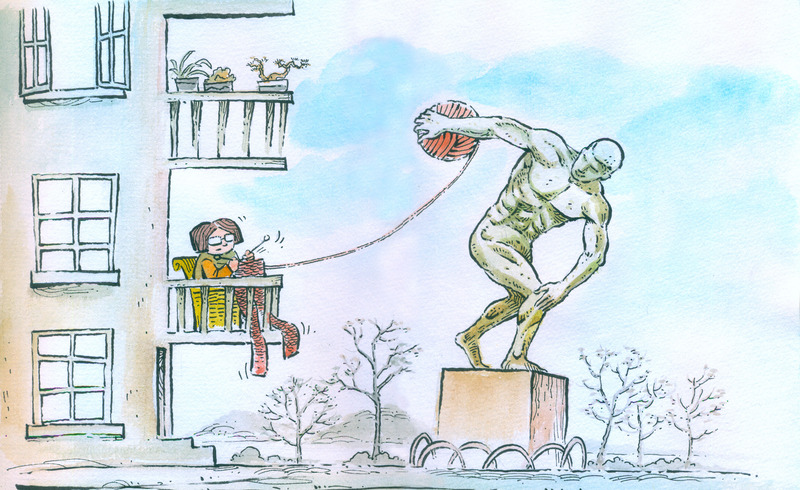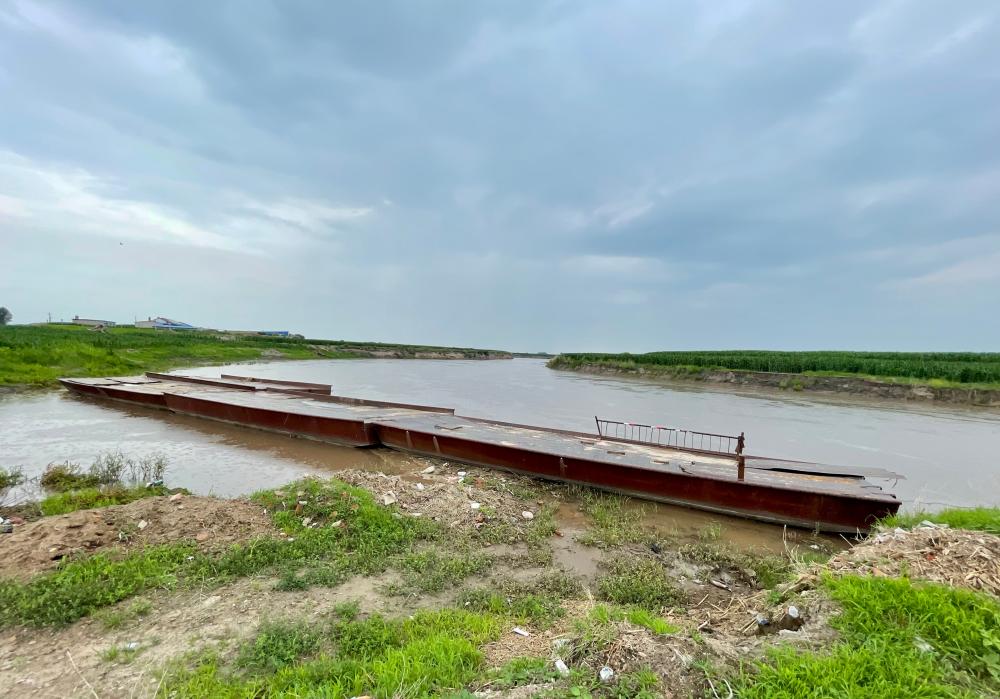Nearly half of them came from this background and were successful candidates in the Ming and Qing dynasties
The selection of officials in ancient Chinese dynasties had their own historical development process and historical characteristics, but the principle of selecting talents was a consistent one.
In the Song Dynasty, Su Shi summarized, "From the Warring States period to the Qin dynasty, from the guest class, from the Han dynasty to the county officials, from the Wei and Jin dynasties to the ninth rank of the Zhongzheng, and from the Sui and Tang dynasties to the present day, from the imperial examinations."
This passage actually outlines several stages of the development of the ancient Chinese system of selecting officials: the system of selecting and abdicating officials during the tribal period, the system of hereditary officials and hereditary salaries during the tribal period, the system of guest officials, the system of courteous and virtuous officials, and the system of military merit and nobility during the Spring and Autumn and Warring States periods, the system of imperial examinations during the Wei and Jin dynasties, the system of conscription and conquest, and the system of ninth rank middle and upright officials, and the system of imperial examinations that emerged after the Sui and Tang dynasties. The key to selecting the key points is the examination and conquest system, as well as the ninth grade imperial examination system and the imperial examination system.
From this historical context, it can be seen that the pre Qin Confucian concept of "selecting talents" was gradually accepted by later emperors, and a series of institutional construction and governance models rich in ancient Chinese political and cultural characteristics developed during the long period from Qin, Han to Ming and Qing.
The so-called imperial examination refers to the public solicitation of talents by the emperor, and the recommendation of outstanding talents discovered by oneself or recognized by the people to the court by major officials at all levels. After a certain form of examination, they are selected and hired. The principle of the ninth rank official system is to "judge the quality of talents, not the superiority or inferiority of aristocratic families", and to include commoners with ruling talents in the selection system.
However, whether it is "Chaju", "Zhengbi", or "Jiupin Zhongzheng", they all have a special and hierarchical color. The imperial examination system implemented since the Sui and Tang dynasties further implemented the selection of talents and abilities, which had a positive and divergent impact worldwide.
For example, Japan established its own system of selecting officials based on the Tang Dynasty imperial examination system in China; In his 1896 book "A Journey to China," Ding Weiliang, an American, stated that "the progressive civil service examination systems in Britain, France, and the United States were borrowed from China's experience.".
Through the imperial examination system, China not only greatly expanded the foundation for selecting talents since the Song Dynasty, but also provided institutionalized channels for scholars from the lower middle class to flow towards the upper echelons of society. According to statistics, nearly half of the successful candidates in the Ming and Qing dynasties were from humble backgrounds whose ancestors had not studied or who had studied but did not hold official positions.
During the Ming and Qing dynasties, Mr. Chuanshan proposed the social ideal of "governing the world": "benevolence is based on enriching one's class, and power is not private; righteousness is based on correcting one's discipline, and power is not arbitrarily granted." The values of virtue and fairness contained in the imperial examination system not only assist the monarchy, but also limit the feudal monarchy due to the practice of "not arbitrarily granting", allowing society to maintain stable and effective flow.
The concept of Wang Fuzhi's "holding the position of the wise in the world with the highest rank" shares similarities with Rawls' principle of equal opportunities, which is based on the principle that positions and positions are open to everyone under equal and equal conditions. Max Weber also noted this characteristic in "Confucianism and Taoism": "For the past 12 centuries, social status in China has been mainly determined by the qualification of officials rather than wealth. This qualification itself is determined by education, especially exams. The most prominent feature in China has always been the use of humanistic education as a standard for social evaluation."
Any kind of crossing cannot cut off its foundation or cut off its path. Culture is like this, so are systems and their practices. Only by deeply understanding the origin and context of "selecting talents" in traditional politics, criticizing and inheriting rational factors and experiences, can we truly continue a civilization.




